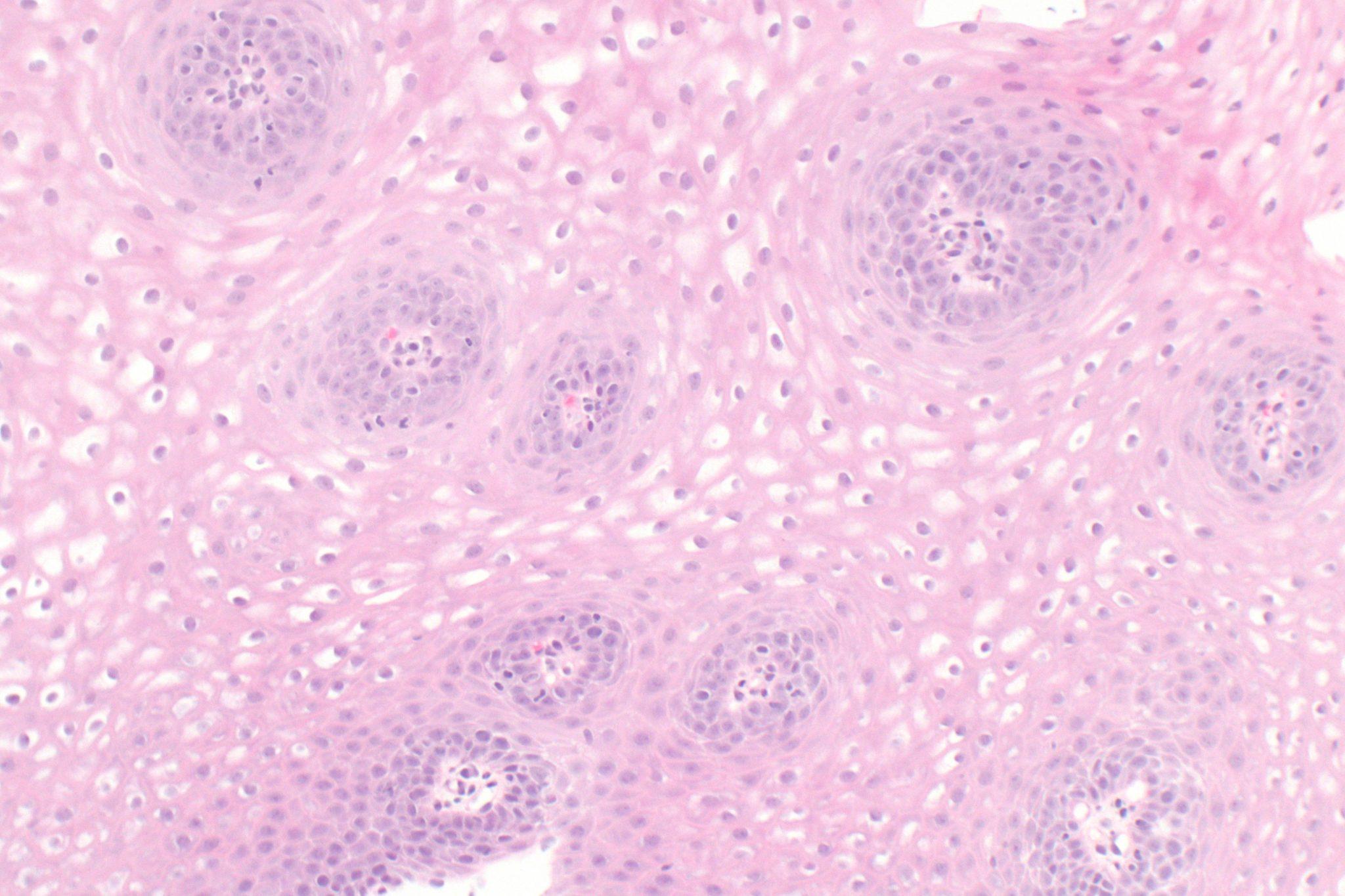It has been recently reported that gastroesophageal reflux disease, “GERD,” is the most commonly treated illness in the World Trade Center Health Program. GERD is an aerodigestive disorder that affects the lower esophageal sphincter- the muscle between the esophagus and stomach. Under normal circumstances, this muscle opens to allow food to pass from the esophagus into the stomach, and closes to prevent food from passing from the stomach into esophagus. With GERD, this muscle is weakened, thus allowing food to pass from the stomach into the esophagus. People suffering from GERD experience the disorder as persistent heartburn.
Individuals who were in Lower Manhattan between 9/11/01 and 5/30/02, and have since developed GERD, may be eligible for free medical treatment and medication through the World Trade Center Health Program and compensation through the 9/11 Victim Compensation Fund. Additionally, individuals who worked at the Fresh Kills landfill, on barges/trucks/piers along debris removal routes, the NYC Morgue, or at garages where emergency vehicles were cleaned may also be eligible.
For some, it is difficult to distinguish between GERD and routine heartburn. WebMD provides the following list of questions to ask yourself before contacting a physician. According to WebMD, answering yes to any these questions warrants medical attention.
- Have you been having symptoms of GERD and treating with over-the-counter medicines for more than 2 weeks?
- Has the pattern of your heartburn changed? Is it worse than it used to be?
- Do you wake up at night with heartburn?
- Have you been having any difficulty swallowing?
- Do you continue to have heartburn symptoms even after taking non-prescription medication?
- Do you experience hoarseness or worsening of asthma after meals, lying down, or exercise, or asthma that occurs mainly at night?
- Are you experiencing unexplained weight loss or loss of appetite?
- Do your heartburn symptoms interfere with your lifestyle or daily activity?
- Are you in need of increasing doses of nonprescription medicine to control heartburn?
Former Research Director of the World Trade Center Health Registry, Steven Stellman, and a team of researchers, studied data from the registry to find a link between GERD, asthma, and post traumatic stress disorder (PTSD). The researchers already knew that there was a connection between GERD and PTSD because anxiety may increase gastric acid production. They also knew that, among 9/11 responders, there is a link between asthma and PTSD. In this study, the researchers found that the symptoms of GERD may be caused by asthma and PTSD.
Stellman explained “We have this massive dust cloud which consists of these fine particles which are highly reparable and are almost guaranteed to cause. Obstructive respiratory disease including asthma. And at the same time people who are amassed in this dust cloud and these collapsing buildings around them where people are dying are fearful for their own lives. So that’s kind of a classical trigger for PTSD. We found that if they had early onset asthma, which is pretty well linked to 9/11 exposure, and PTSD, which is also pretty well linked to the 9/11 exposure, then that substantially increased their chance of having GERD 10 years later.”
The World Trade Center Health Program recognizes GERD, along with the following list of health conditions, as being related to 9/11. This list is subject to change as the Health Program Administrator, Dr. John Howard, and the Scientific/Technical Advisory Committee continue to review research, statistics, and studies in order to identify new conditions for coverage. Psychological conditions are not eligible for compensation through the 9/11 Victim Compensation Fund.
For more information, please contact Pitta & Baione LLP at 844-982-2667 or info@pittabaione.com.




